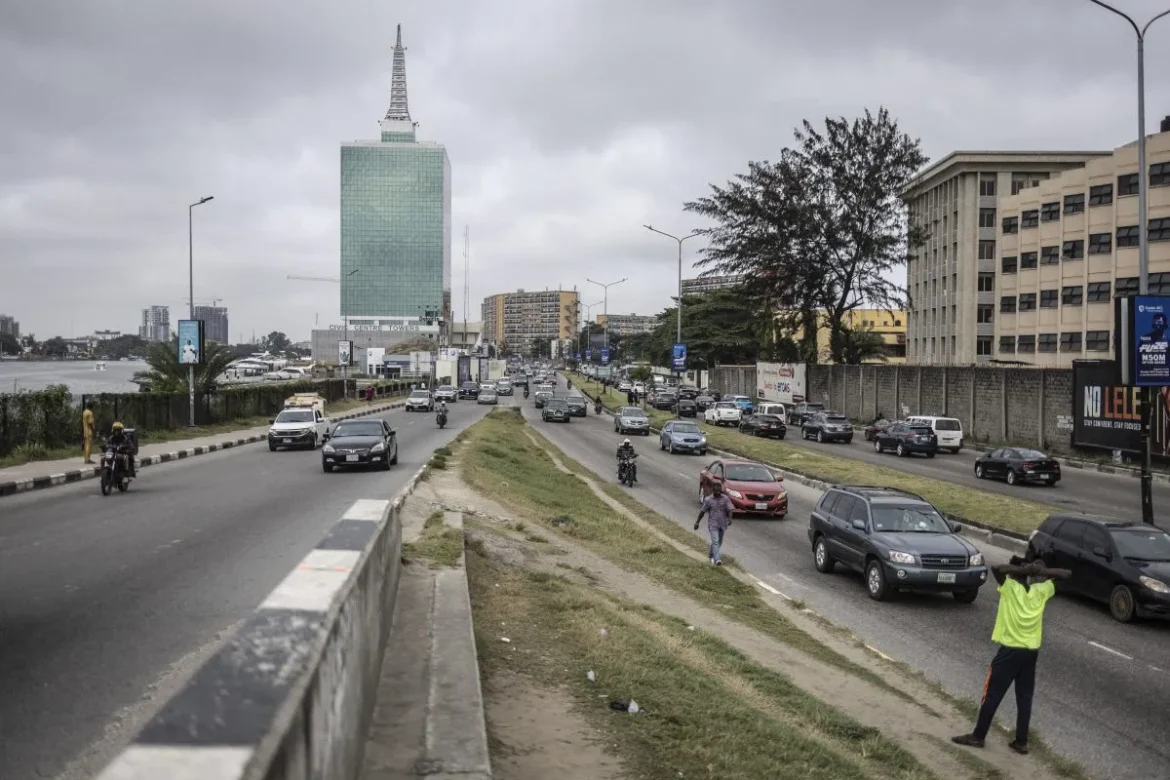Nigeria’s Minister of State for Finance, Doris Uzoka-Anite, has said that the country’s tough economic reforms are now beginning to show positive signs, and investors who were previously worried are now slowly coming back. She made this statement while speaking at the African Markets Conference organised by Standard Bank in Cape Town, South Africa.
Uzoka-Anite explained that President Bola Ahmed Tinubu was determined to fix Nigeria’s economy from the start. She said his administration wasted no time in introducing deep economic changes, including removing the popular but costly fuel subsidy and allowing the naira to float freely in the foreign exchange market. These bold decisions, which some people described as “shock therapy,” created confusion and hardship at the beginning. But now, according to the minister, things are beginning to settle down.
She said, “The president was hell bent on reform. People were worried about how this would work, but everyone soon saw the president was not going to back down. The fiscal policy authorities followed his lead, and we all adjusted. Now we are all aligned, and it is moving forward.”
Uzoka-Anite said Nigeria is now in the second year of its reform process. She claimed that inflation has reduced, food prices are coming down, and the country is on track for economic growth. According to her, “Now everyone understands why we had to do the reform in the first place.”
When Tinubu became president, he inherited an economy battling several issues. Apart from the high cost of maintaining fuel subsidies, Nigeria was also struggling with multiple exchange rates and growing debt. Investors were not confident, and many companies were considering exiting the country due to poor business conditions. The removal of subsidies and devaluation of the naira caused a sudden spike in inflation and worsened the foreign exchange crisis. The problem was made worse by falling oil production, pipeline vandalism, and oil theft, all of which reduced Nigeria’s earnings.
But Uzoka-Anite said the speed of the reforms helped the country to take quick action and restore balance. “We had to take back the chunk of GDP that was ‘leaking’ into a few private hands and make it available for infrastructure and social development,” she explained.
The Central Bank of Nigeria (CBN), under the leadership of Governor Olayemi Cardoso, also took steps to clean up its operations. In February, Cardoso announced that the federal government had cleared a backlog of $7 billion in foreign exchange debts. The government also cut its debt service payments from $540 million in January 2025 to $276 million in February.
The International Monetary Fund (IMF) expects Nigeria’s economy to grow by 3.2% in 2025. Although inflation stood at 24.48% in January, it had dropped from the previous month after the National Bureau of Statistics updated its methods for calculating price changes.
Uzoka-Anite said the government is working hard to improve the country’s trade balance by encouraging exports and reducing over-dependence on imports. She also revealed how she personally spoke to multinational companies that were planning to leave Nigeria. Many of them depended heavily on imported raw materials, which became difficult to afford because of the forex issues.
She gave an example of a brewery that wanted to leave Nigeria. After discussions, the company agreed to switch to using locally grown sorghum instead of importing ingredients. “They have done that and now they are good,” she said. “There are many other examples.”
The minister also spoke about renewed investor interest in Nigeria’s special economic zones. According to her, businesses are beginning to see results from the reforms and are now more hopeful. “Nobody has the patience to wait for a long time to see the dividends of reforms. And we have now seen the gains of the process over the short term,” she concluded.
